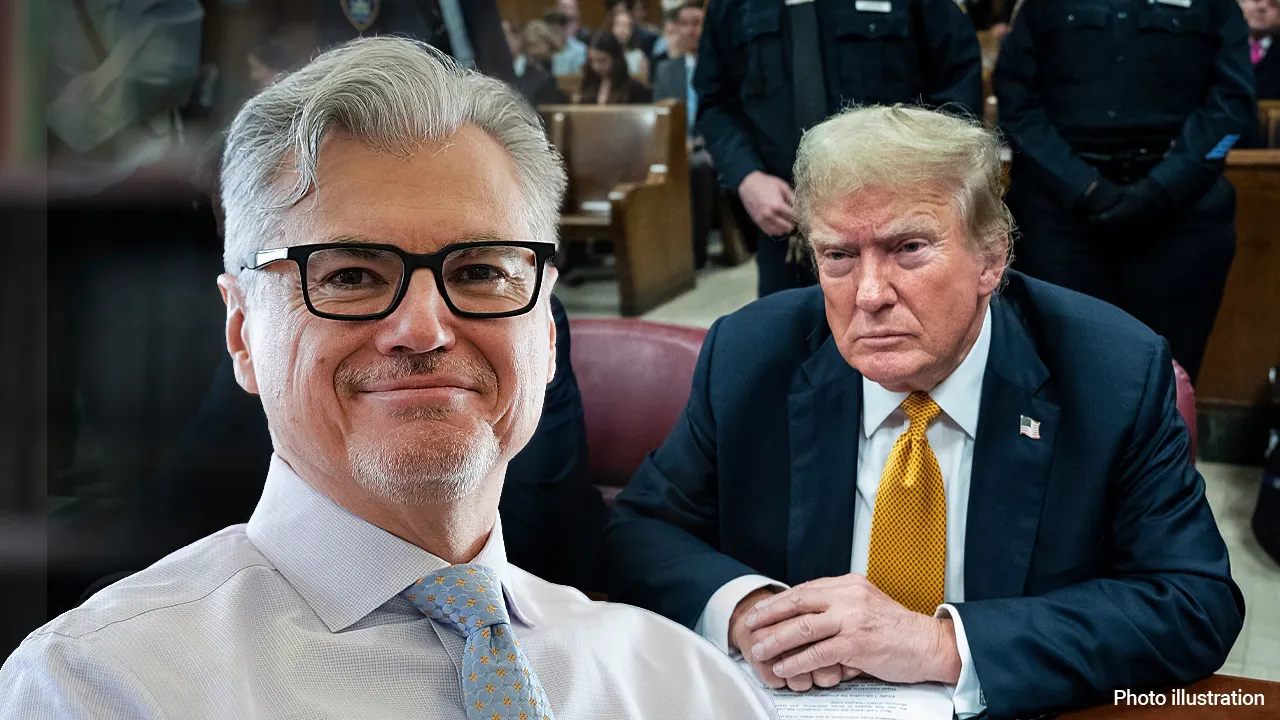Trump Can’t Bully the Entire World
Loudly making threats doesn’t amount to a foreign policy.
Is the United States now poised to remake world politics in accordance with Trump or Musk’s whims? Are we witnessing a return to the unipolar moment, minus the naive liberal idealism that got the United States into trouble the first time around? Can Trump really bully the whole world?
I doubt it.
One reason I’m skeptical is that I’ve seen this movie before. Back in the 1990s, politicians and pundits in the United States assumed that history was running the United States’ way and that country after country would bow before the awesome might of U.S. power and the irresistible appeal of liberal democratic capitalism. The only holdouts would be a handful of “rogue states,” whose leaders hadn’t got the memo, and they would be contained and eventually compelled to go along. If that didn’t work, there was always the option of regime change. Things didn’t quite go as the optimists predicted, however, which is one of the reasons we ended up with someone like Trump in the first place.
Second, unchecked power makes others nervous, and overt bullying makes people angry and resentful. The typical reaction is to balance against U.S. pressure, either overtly (as Russia, China, and Iran have done), or by “
soft balancing,” as U.S. allies did during the last unipolar moment. Leaders who bend the knee repeatedly will face domestic pressures to resist, and especially so if acceding to Trump’s demands imposes heavy costs on their own publics.
This problem is exacerbated by Trump’s purely transactional approach to politics. The United States has frequently used its superior power to pressure allies to do what it wanted, but it did so while emphasizing a set of shared values and insisting that the country was acting not only in its own self-interest but also in the interest of a broader community of mostly like-minded countries. The mailed fist was there, but so was the velvet glove. U.S. willingness to operate within a set of multilateral institutions that placed certain limits on its power made its position of primacy less threatening and its leadership more acceptable to others. Trump doesn’t care about any of these things, and even longtime U.S. partners will be wary of complying too readily and thereby inviting new demands.
Moreover, although issuing bombastic threats doesn’t cost Trump anything in the short term, actually carrying them out would. Because the United States is bigger and stronger than everyone else, imposing tariffs or other sanctions may hurt others more than it hurts the United States. But imposing tariffs or other coercive measures is not cost-free, especially when dealing with larger countries such as China or states on which U.S. industry depends for key inputs or goods. And even far weaker states are sometimes willing to pay a large price when their vital interests are at stake, as Serbia did over Kosovo and as Iran has done for decades. There are limits, in short, to how much Trump can demand of anyone.

www.foxnews.com



